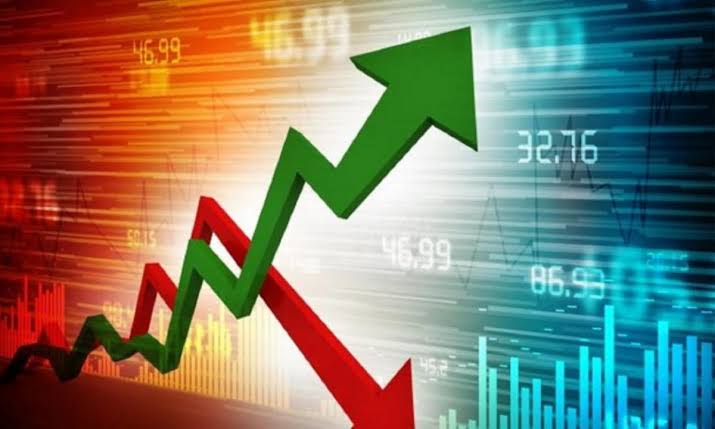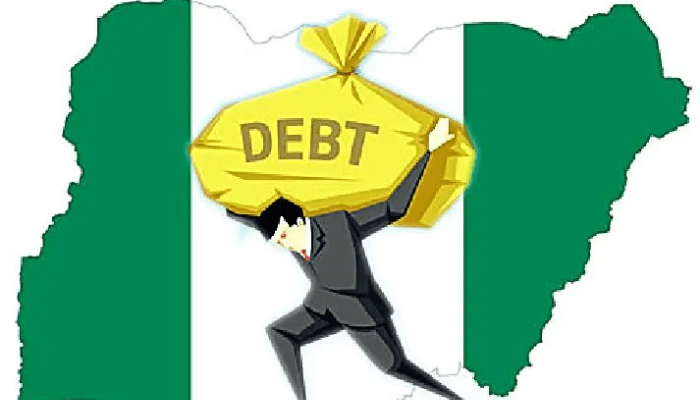
A Civil Society Organisation, the African Network for Environment and Economic Justice (ANEEJ) has warned that Nigeria’s increasing debt burden will worsen the poverty situation in the country and the West African region.
The Executive Director of ANEEJ, David Ugolor, stated this at a two-day International Hybrid Conference on Special Drawing Rights (SDRs) with the theme “Making Special Drawing Rights work for the People,” held on Tuesday in Abuja.
The conference, hosted by the Debt Management Office (DMO), also featured the publication of the paper, “Debt Management, Restricting and Sustainability in ECOWAS.”
Ugolor, who was represented by the Deputy Director of ANEEJ, Leo Atakpu, expressed concern that a large portion of Nigeria’s revenues is spent on debt servicing, leaving little for basic social services, climate, and other development needs.
He said this also affects some other West African countries that are facing high debt levels.
He cited statistics from the DMO that showed that Nigeria’s public debt stood at N87.38 trillion as of June 30, 2023, while Ghana’s public debt stock rose to 569.3 billion cedis ($49.7 billion) at the end of April 2023, according to figures obtained from the Bank of Ghana.
READ ALSO:MWUN Rejects FG’s Plan to Re-float Nigeria National Shipping Line
He added that the COVID-19 pandemic has exacerbated the solvency and liquidity challenges, which is one of the main reasons Sierra Leone’s debt is categorised as having a high risk of debt distress.
He said, “For us in civil society, this is quite disturbing because most of our countries’ revenues are now being channeled to debt servicing obligations at the peril of basic social services, climate, and other development exigencies.
“The debt crisis imperils the attainment of the Sustainable Development Goals and achievement of the Paris Climate Agreement in West Africa. This becomes even more worrisome when viewed against the backdrop that Nigeria remains the world poverty capital as designated by the World Poverty Clock report of 2023.
“It means debt will drive more Nigerians and indeed, West Africans into extreme and multidimensional poverty if urgent and drastic steps are not taken by our governments and the international community.”
He also said that the conference would review the use of SDRs in Ghana and Nigeria, and explore the current debates around SDR reallocation to countries in most need, such as Ghana and Nigeria, without worsening the debt crisis.
According to a report published by the Nigerian Economic Summit Group and the Open Society Initiative for West Africa, other countries affected with huge debt profile are Benin Republic, Burkina Faso, Cabo Verde, the Gambia, Ghana, Guinea Bissau, Liberia, Niger, Senegal, and Togo.








Leave a Reply